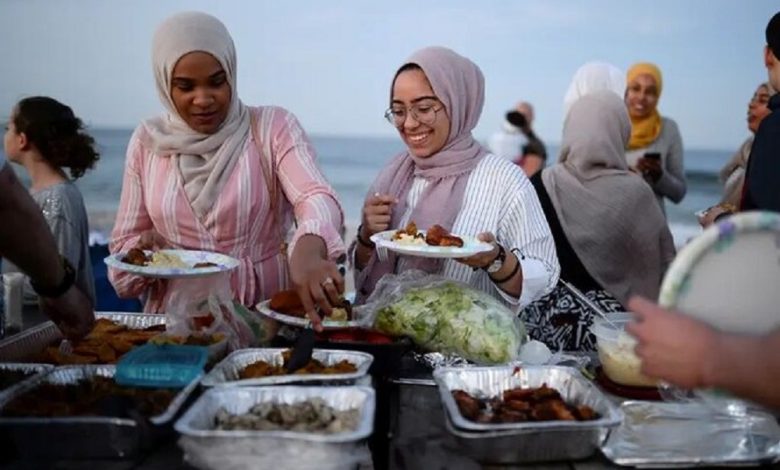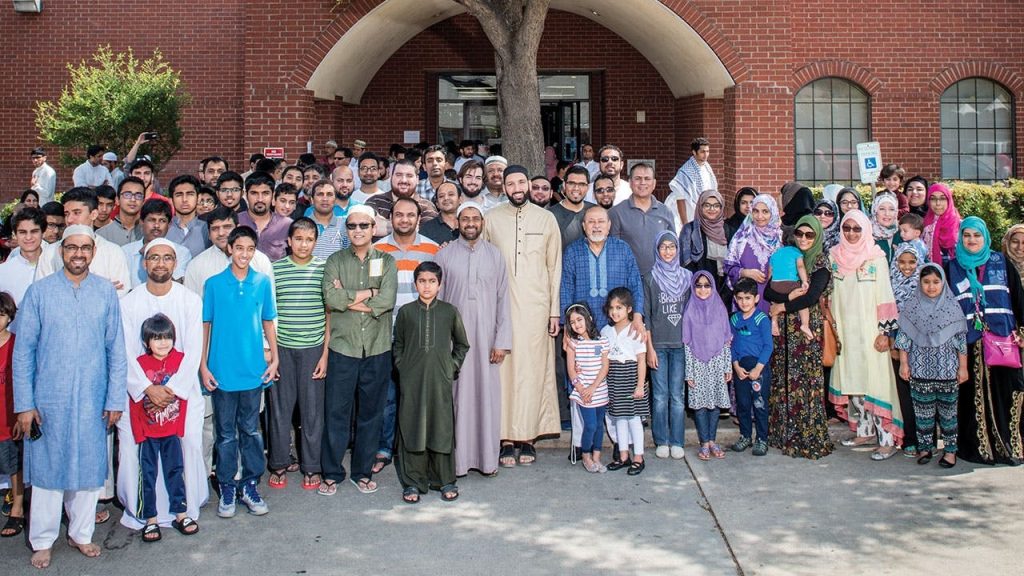Traditions and Customs Preserved by Arab and Muslim Communities in the United States
Across the United States, Arab and Muslim communities keep their traditions alive—through food, family, and faith—while building vibrant new lives in America.

Arab and Muslim communities in the United States have built strong, vibrant lives while holding firmly to the traditions and customs of their heritage. Across the country—in cities such as Dearborn, Paterson, Chicago, Houston, Los Angeles, and beyond—these communities carry with them values of family, faith, and culture that remain central to their identity.
Food as a Cultural Anchor
Food is one of the strongest ties to heritage for Arab and Muslim families. Across the U.S., restaurants and bakeries serve classics like shawarma, falafel, couscous, hummus, baklava, and kabsa, connecting generations to their roots. In family kitchens, recipes are passed down from grandparents to children, turning meals into moments of cultural teaching. Community festivals often highlight food as a way of sharing Arab hospitality and identity with the wider public.

Faith and Religious Practices
Islam remains central to many Arab and Muslim communities in America, with mosques serving as places of worship, education, and community support. Ramadan and Eid celebrations transform neighborhoods into vibrant centers of faith, with evening prayers, community iftars, and charity drives. At the same time, Arab Christians—who make up a significant portion of Arab Americans—maintain their traditions through churches, Easter and Christmas celebrations, and community gatherings. Together, faith institutions act as cultural anchors in a diverse American landscape.
Family and Social Customs
Family remains a cornerstone of Arab and Muslim life in America. Weddings often include traditional music, henna nights, and dabke dancing, while funerals and life milestones are observed with deep respect and community involvement. Hospitality—welcoming guests with food, tea, and warmth—remains an unshakable custom, even as families adapt to modern American lifestyles.
Language, Arts, and Identity
Many Arab and Muslim families emphasize preserving the Arabic language, offering classes through mosques, community centers, and cultural schools. Poetry, storytelling, and music are also important, ensuring that cultural memory continues. Younger generations, while growing up in the U.S., often balance dual identities—proudly embracing both their Arab/Muslim heritage and their American upbringing.

Community Hubs Across the U.S.
Several American cities stand out as centers of Arab and Muslim life:
-
Dearborn, Michigan – often called the capital of Arab America, with strong Lebanese, Yemeni, and Palestinian roots.
-
Paterson, New Jersey – home to a large Palestinian and Syrian community.
-
Astoria, Queens, New York – known as Little Egypt, with Egyptians, Moroccans, and other Arab groups.
-
Anaheim, California – a hub for Arab families, cultural events, and mosques.
-
Chicago, Illinois – historically home to Arab immigrants since the late 19th century.
In each of these places, traditions remain alive in community centers, mosques, churches, restaurants, and cultural festivals.

Challenges and Resilience
Despite preserving their culture, Arab and Muslim communities in America face challenges, including Islamophobia, discrimination, and pressure to assimilate. Yet, resilience has defined their story. By maintaining traditions and sharing them with wider American society, they have built bridges of understanding while ensuring their heritage is not lost.
Conclusion
Arab and Muslim communities across the United States have not abandoned their traditions; instead, they have carried them into new lands, where they continue to thrive. From faith and family to food and festivals, these traditions serve as powerful threads that connect generations, ensuring that Arab and Muslim identity remains strong in the American mosaic.



